- Allan Sekula: Polonia and Other Fables
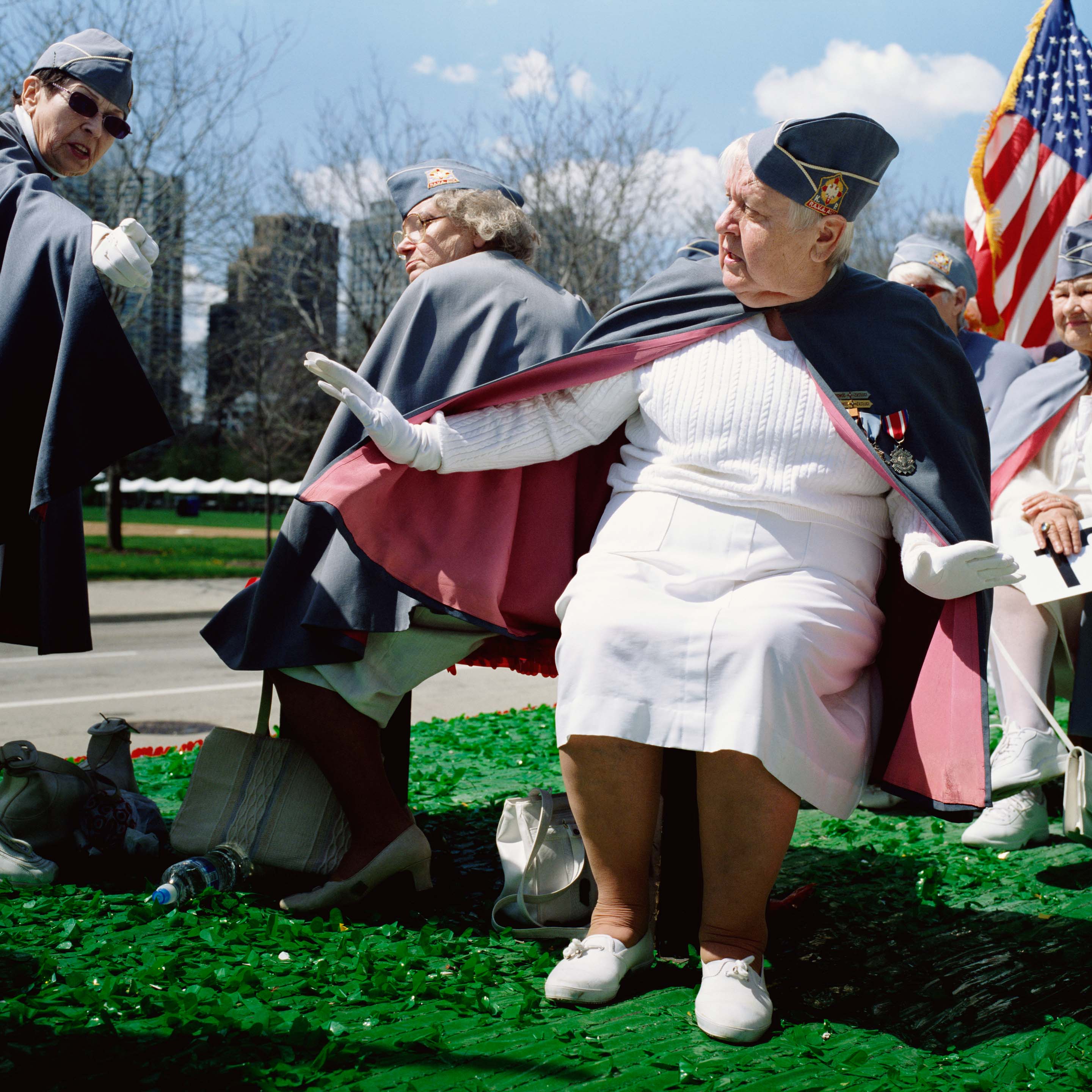
Allan Sekula, Ladies Auxillary Polish Army Veterans of World War II. Polish Constitution Day Parade, 3 May 2008

Allan Sekula, Ladies Auxillary Polish Army Veterans of World War II. Polish Constitution Day Parade, 3 May 2008

Allan Sekula, Accordionist, Chicago, September 2007
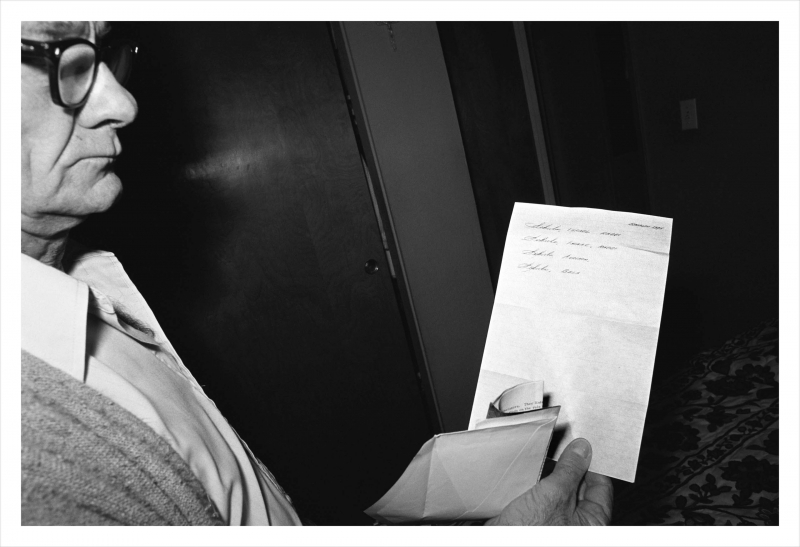
Allan Sekula, My father with his list. Sacramento, December 1979.
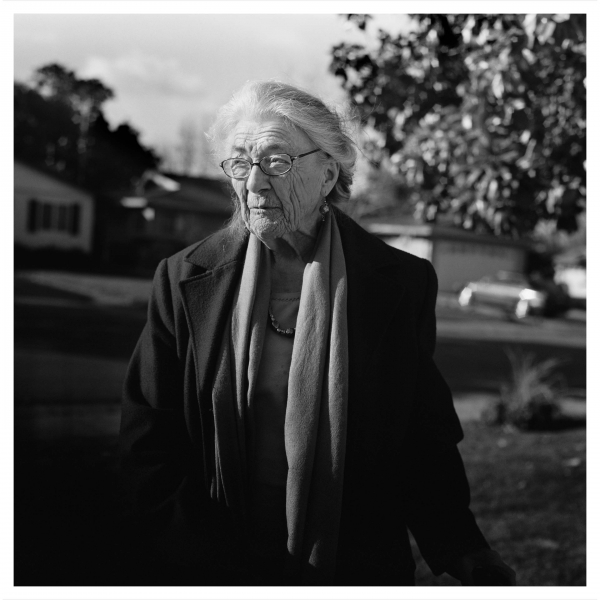
Allan Sekula, My mother outside the empty house. Sacramento, December 2008.

Allan Sekula, Art student working on commodity futures exchange. Mercantile Exchange, Chicago, August 2007.
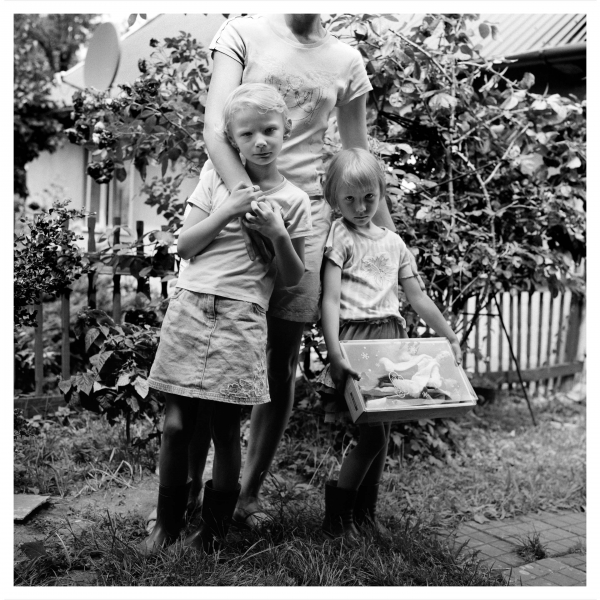
Allan Sekula, Daughter and grandaughters of blacksmith. Ochojno, Poland, July 2009.
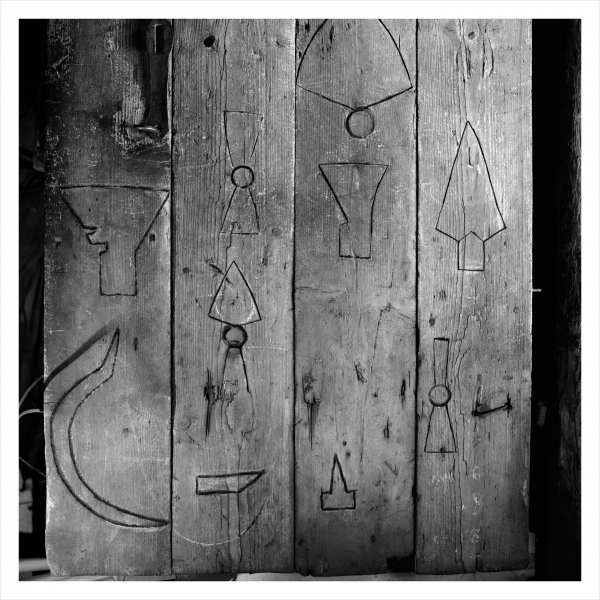
Allan Sekula, Replica of door to blacksmith’s shed, in situ (original in collection of Warsaw Ethnographic Museum.) Ochojno, Poland, July 2009.

Allan Sekula, Farmer threshing grass at abandoned airport used by CIA for transport of clandestine high value terrorism suspects. Szymany, Poland, July 2009.

Allan Sekula, CIA black site seen from across the lake just before the wrong film was confiscated. Kiejkuty, Poland, July 2009.

Allan Sekula, Ladies Auxillary Polish Army Veterans of World War II. Polish Constitution Day Parade, 3 May 2008

Allan Sekula, Mother and son. May Day parade, Chicago, 2009.

Allan Sekula, Radio Maryja. Poland, July 2009.
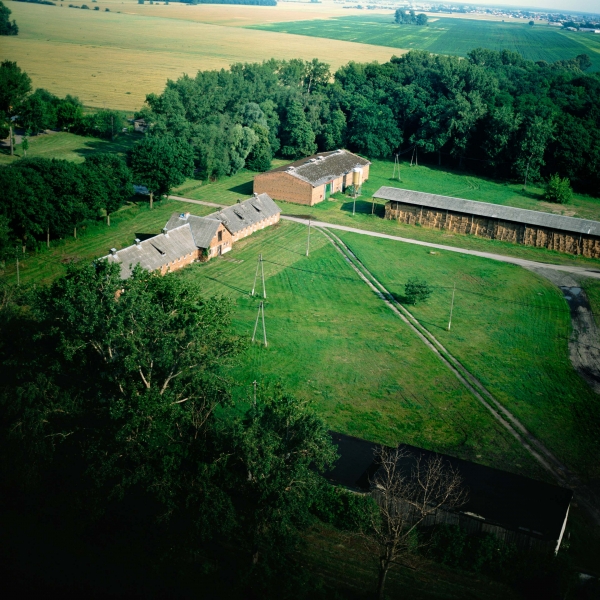
Allan Sekula, Aerial view of pig farm owned by the American multinational Smithfield. Located on site of former collective farm. Wieckowice, Poland, July 2009.
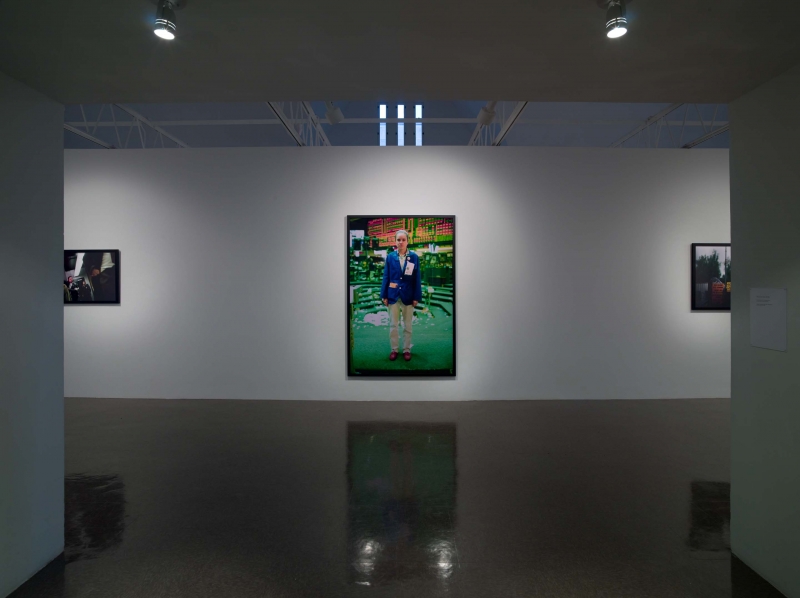
Allan Sekula, Polonia and Other Fables, Installation View, 2009.

Allan Sekula, Polonia and Other Fables, Installation View, 2009.
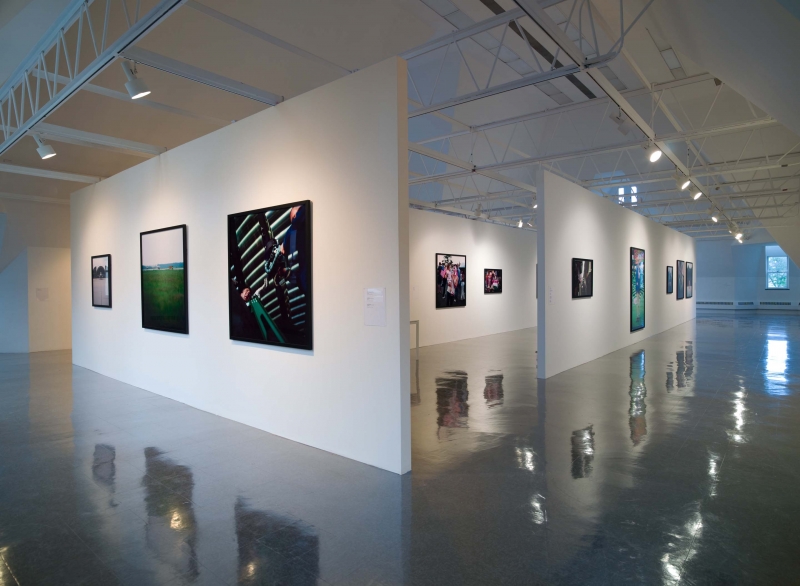
Allan Sekula, Polonia and Other Fables, Installation View, 2009.

Allan Sekula, Polonia and Other Fables, Installation View, 2009.

Allan Sekula, Polonia and Other Fables, Installation View, 2009.

Allan Sekula, Polonia and Other Fables, Installation View, 2009.
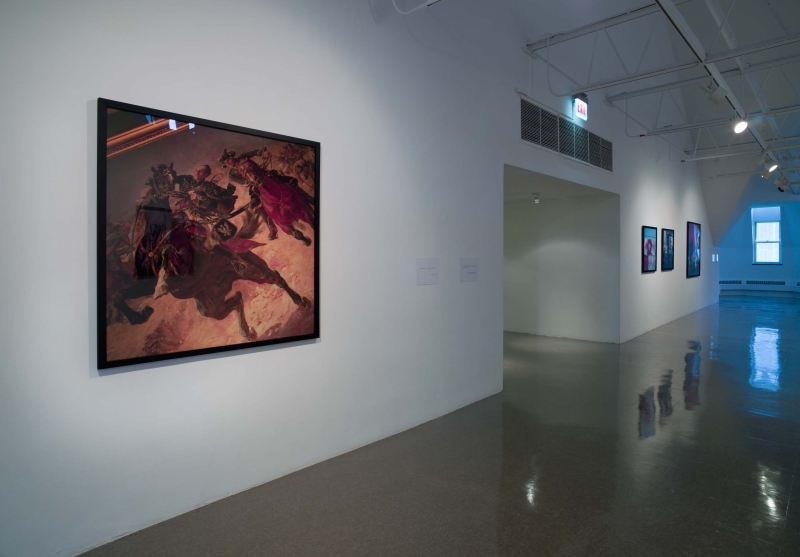
Allan Sekula, Polonia and Other Fables, Installation View, 2009.
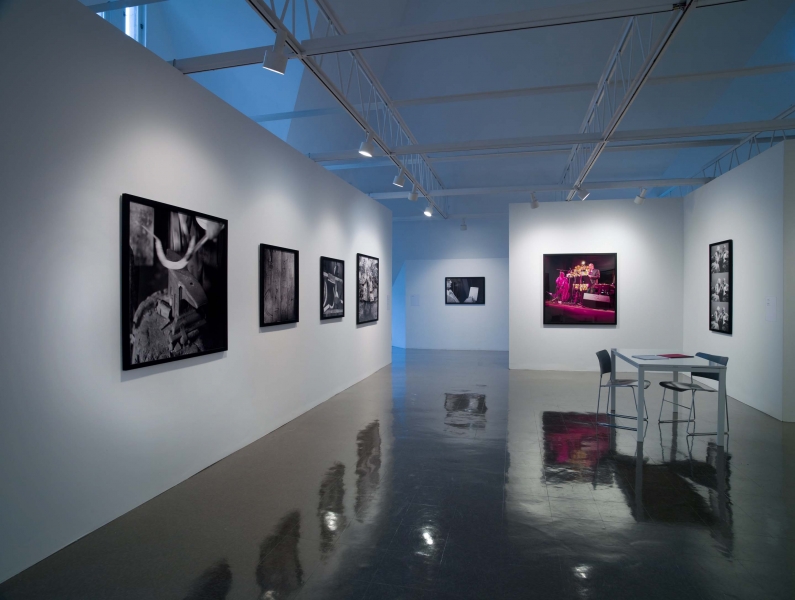
Allan Sekula, Polonia and Other Fables, Installation View, 2009.
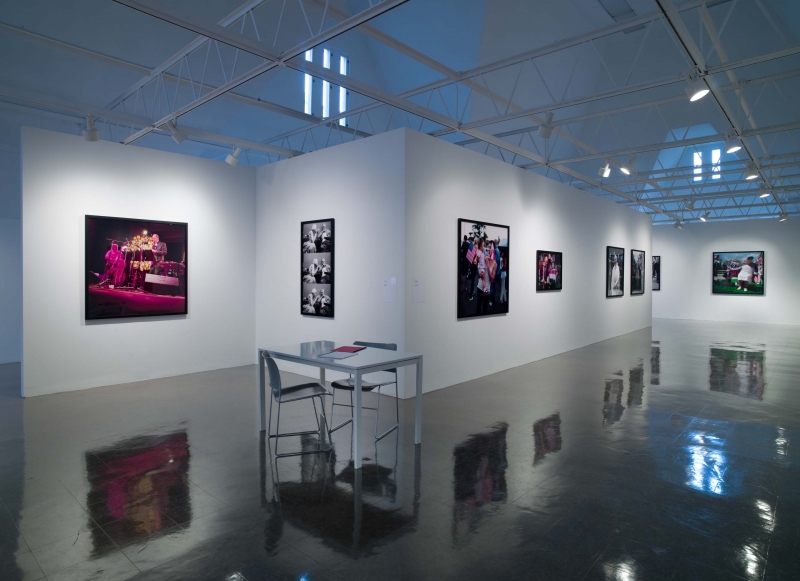
Allan Sekula, Polonia and Other Fables, Installation View, 2009.
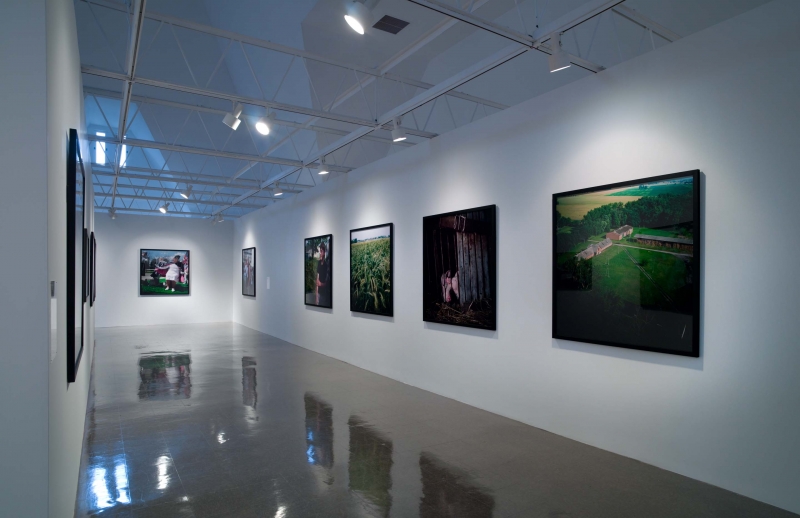
Allan Sekula, Polonia and Other Fables, Installation View, 2009.

Allan Sekula, Polonia and Other Fables, Installation View, 2009.

Allan Sekula, Polonia and Other Fables, Installation View, 2009.

Allan Sekula, Polonia and Other Fables, Installation View, 2009.

Allan Sekula, Polonia and Other Fables, Installation View, 2009.

Allan Sekula, Polonia and Other Fables, Installation View, 2009.

Allan Sekula, Polonia and Other Fables, Installation View, 2009.

Allan Sekula, Polonia and Other Fables, Installation View, 2009.

Allan Sekula, Polonia and Other Fables, Installation View, 2009.

Allan Sekula, Polonia and Other Fables, Installation View, 2009.

Allan Sekula, Polonia and Other Fables, Installation View, 2009.
The Renaissance Society will present an exhibition of new work by photographer Allan Sekula. This new series, titled Polonia and Other Fables, critically documents and examines the social impact of global economics. Always aiming to position his work within an exhibition’s local community, Sekula will develop this project to focus on Chicago’s rich labor history, particularly on the large Polish immigrant population here.
In addition to being outstanding documentary photography in its own right, Sekula’s work is also a critique of the genre. Sekula’s examination of the theory and practice of photography is as important as his inquiry into labor history and economics. Central to his work is an interest in documentation—as pictorial form, method of recording, narrative device, historical memory, and medium of social engagement. Sekula’s work poses the rhetorical questions, “Is it possible to discuss photography as a medium separate from the thing being photographed?” Put another way, is a photograph in and of itself capable of being self reflexive while critiquing its subject? Sekula’s answer is no. An integral part of his practice is writing, an activity he has maintained since the outset of his career 35 years ago. His writings expose the inherent limits of a documentary genre based purely on photographic imagery. Together, Sekula’s images and text constitute a trenchant and rigorous photographic discourse on globalization.